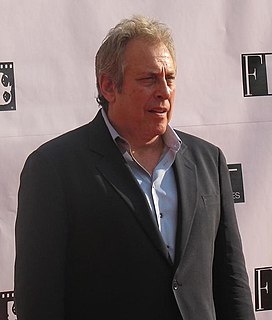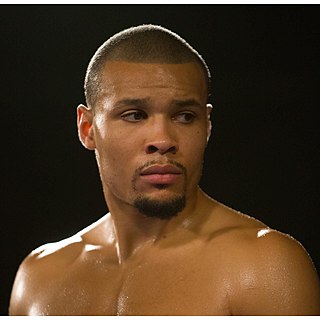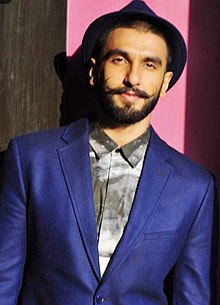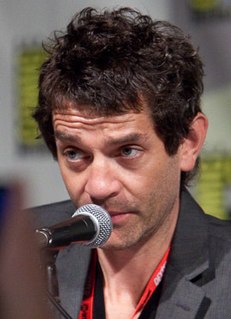A Quote by Jeff Bridges
My approach to working in movies is to empower the director to have power over me and to really support his vision because he's the guy, at the end of the day, who's going to put it all together.
Related Quotes
The producer can put something together, package it, oversee it, give input. I'm the kind of producer that likes to take a back seat and let the director run with it. If he needs me, I'm there for him. As a director, I like to have the producer there with me. As a producer, I don't want to be there because I happen to be a director first and foremost, I don't want to "that guy."
I earned that the strong will always beat the weak, but the smart will beat the strong. Boxing is a tough guy sport. But in the end, the tough guy gets to clean the streets and be a bodyguard. In the ring, the tough guy is going to get hurt; at the end of the day, he's going to talk funny. Only the smartest win. So, I know it's cliché, but power - real power - comes from knowledge, comes from smarts.
I think vision is highly overrated today. I think what really blesses a ministry is, if you want the power of God in your life, its humility and integrity. I'll take a person who's humble and has integrity over a person who has vision any day. A lot of people have vision just based on ego, but it's in that dependence upon God that we get His vision and develop more trust in Him.
I think Ed Harris is a conscious screen actor, so I think it was strong, it was like he put everything together somehow in 'The Way Back'. He likes, I don't want to say the method approach, because that's not really necessarily his way of working, but it was easy to do because of the location. He'd go off by himself, and they would make things.
Once you are in that ring things happen that you don't expect. There is nothing you can plan for. At the end of the day, you've just got to go in there and feel the guy's spirit. You've got to listen to him breathe, look into his eyes, feel his power and feel his speed. You can't think too much. It is instinctive. It is on-the-fly. But at the same time I go in there and I think it doesn't matter what this guy does, I'm going to have my way. In whatever situation we end up, I am always going to come out on top. That is the one thing that is the same for every single fight.
There was this really rock n' roll guy who was very obviously dragged to my concert by his girlfriend. He had tattoos all over, and he was wearing a Metallica T-shirt. He came up to me said it was one of his favorite concerts because I had reached for his heart and dragged it out and put it in front of his face.
Working with Joe [Kosinski], definitely. I loved working with Joe. For a guy who doesn't really come from the fiction world - he comes from advertising and architecture - he's extremely easy-going and very calm. He's extremely detailed, but a very generous and fun director to work with. He really encouraged me to find the fun in the part and to have fun with it.




































